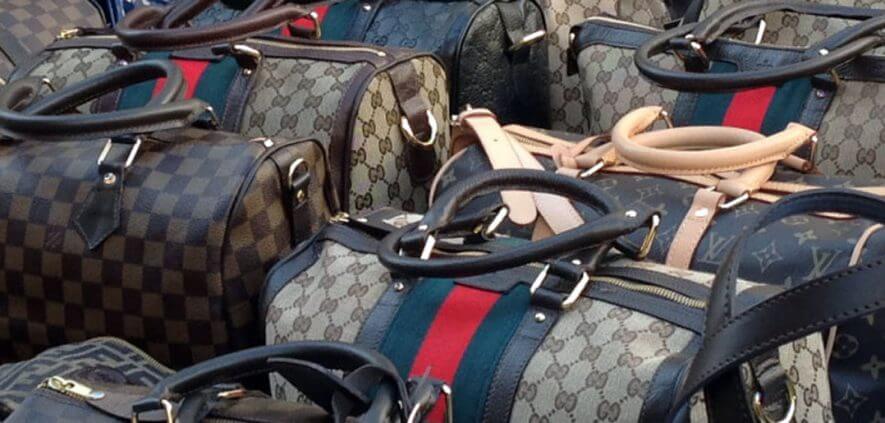The last case was raised this late November in the United States, where a fashion discount chain (TJ Maxx, more than 1,000 stores across the country) was offering to its customers bags of the latest collections from Gucci, Fendi and Yves Saint Laurent at heavily discounted prices if compared to those charged in multi-brand boutiques and luxury stores. Like TJ Maxx, other apparel chains are able to practice very aggressive pricing policies to products of the high range. In the past, she tells the magazine the Fashion Law, some of these retailers have had problems with the law because they were trading counterfeit products. This is not the case: the products now on sale are authentic. The problem is that they arrive on the shelves of discount chains by a “parallel market” instead of the official distribution channels belonging to the luxury fashion houses. In the United States, this is not a crime. In the UK, however, it will be soon. A ruling from this early November of the British Court of Appeal may change the case-law of the country. English lawyers, in fact, acknowledged that the laws on parallel trademark represent an economic loss, and of the image for fashion houses as much as counterfeiting: the criminal and civil penalties for someone who breaks the law is up to 10 years in prison. Returning to the US case, according to The Fashion Law, for US chains exposing luxury leather goods is an attempt to allure the customer into the store. According to a Pambianco News recent survey 80% of the participating multi-brand used supplies coming from the parallel markets and, especially for those far away from big cities and tourist circuits, the channel is of fundamental importance for the same existence of their business. Meanwhile, while Asian operators (mostly Chinese) buy stores in Europe to be more rooted in the business, brand, which in theory should oppose the phenomenon, would endorse the parallel business because of profitability.
In the US it is legal, in the UK will be soon criminal. Brands take advantage of loophole to boost profits








